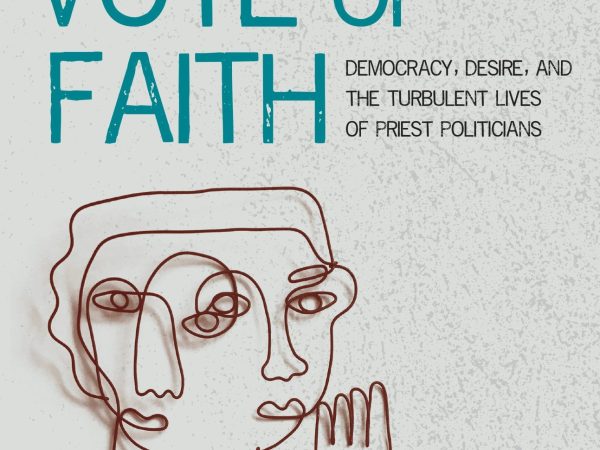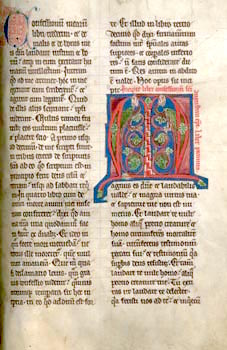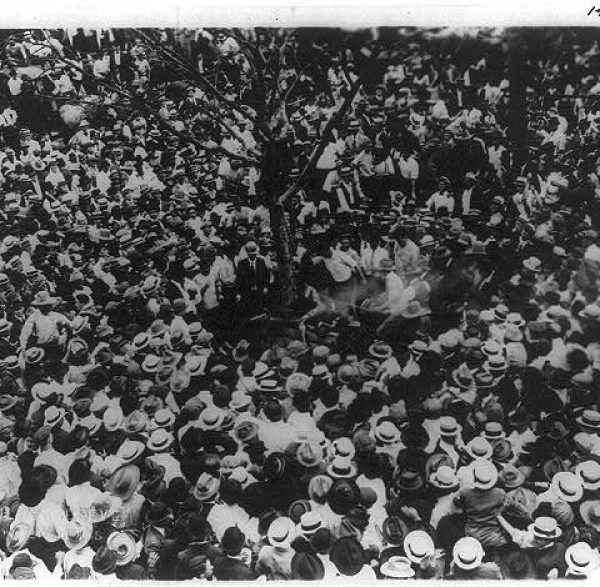
Priests, in order to become mayors, had to be viewed as lovers. So, the mayor-priest is a ‘lover’ in multiple senses. He has to embody God’s love. He has to perform paternal love. He has to signal to society that he is also, very likely – albeit in secret – to be a good sexual lover as well.

To undertake the reformation of desires is a calling, with no guarantees of success, but some promise of God’s grace along the way.

What is still nascent… is an explicit conversation between political theology and critical theories of affect, particularly in a way that might contribute to constructive projects. The sort of political theology that might emerge from such collaboration would consider how affective regimes intersect with theological constructions or religious performances.

Language and meaning originate not from a fullness trying to communicate itself but from a lack that strives after enjoyment.

The contagious violence of a frenzied mob brings about the sentencing of Jesus to crucifixion by Pilate. The operations of the scapegoat mechanism are revealed in the record of these events and, as we reflect upon them, we will learn to identify its operations within our political life. In Christ we find an alternative model for desire, which can enable us to resist the seduction of unity through violence.

